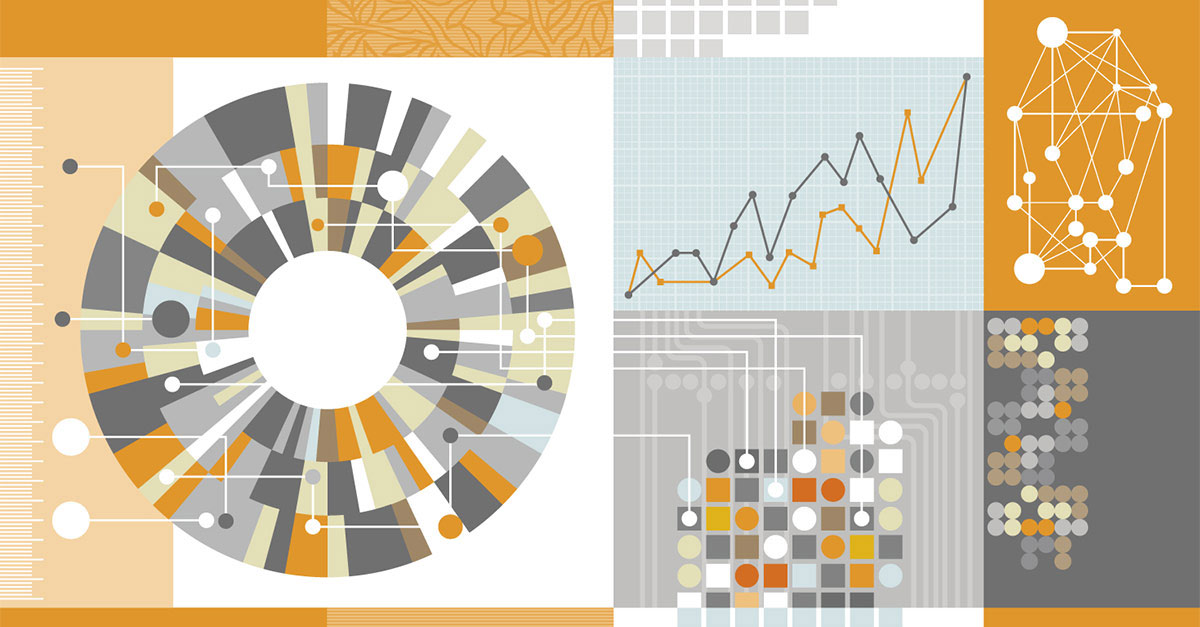Avoiding an EU Own Goal on Digital Access to Knowledge
The EU should listen to the innovators, knowledge creators and developers when it comes to data mining: the potential benefits are too great to be ignored, writes Helen Frew.

Send us a link
The EU should listen to the innovators, knowledge creators and developers when it comes to data mining: the potential benefits are too great to be ignored, writes Helen Frew.

Very informative and In-depth annual open access roundup.

Toward the Unrestricted Publication of Research Output
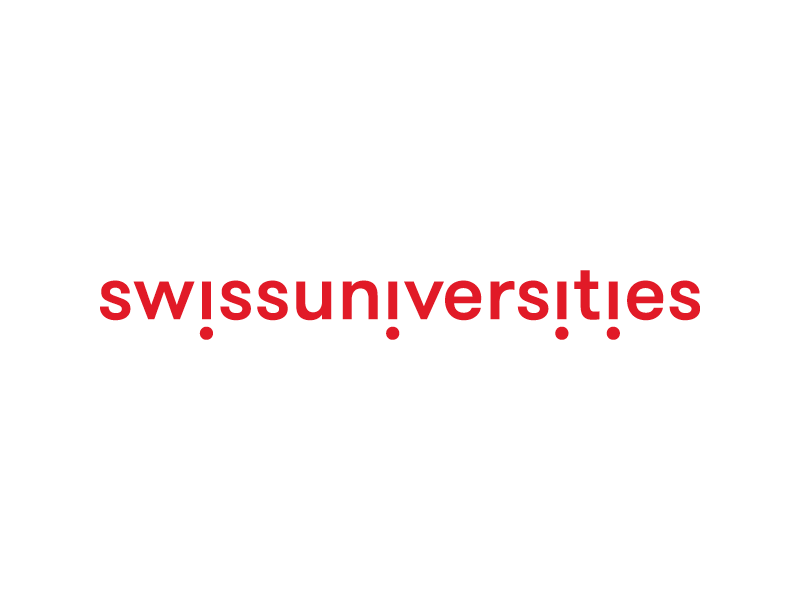
Meta, a data science company, has been acquired by the Chan Zuckerberg Initiative, whose aim is to accelerate the pace of scientific advances.

Academia.edu, ResearchGate and private publishers all have something in common.

The different options to achieve open access, whether by journals changing their revenue structures from subscription to publishing charges, or authors utilizing a number of options for posting open access versions of article manuscripts in repositories.
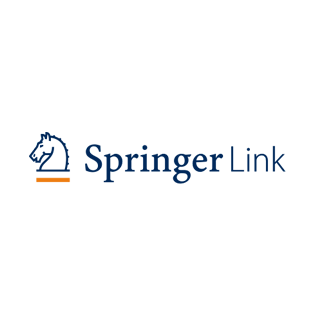
Letter from the Dutch State Secretary for Education, Culture and Science informing the House of Representatives of the progress made in the field of open science.
How open licenses can simplify international research when multiple research projects are involved and when projects have ended.
Empowering researchers to publish Open Access by bringing transparency to Article Processing Charges.
Elsevier’s Open Access journals as of 2016.
The potential advantages and challenges involved in a shift away from for-profit journals in favor of institutional open access publishing.
Publications such as Nature and Science have policies that clash with the global health charity's open-access mandate.

Shouldn't all research be, first and foremost, accessible? Accessibility underpins equality.
Traditionally, at the beginning of the new year we celebrated what is known as Public Domain Day: on the first of January of any given year the works of authors who have been dead for more than 70 years enter the public domain. As this is a decisive year for copyright reform in the European Union, it seems much more important to highlight the dangers for the public domain that we are facing in the context of the copyright reform process.

As talks with the publisher stall, researchers in the country weigh whether they can cope without a deal

Scientists in Taiwan, Germany, and Peru will lose access to more than 12,000 scientific journals after institutions boycott the publishing giant for high prices and minimal open-access options.
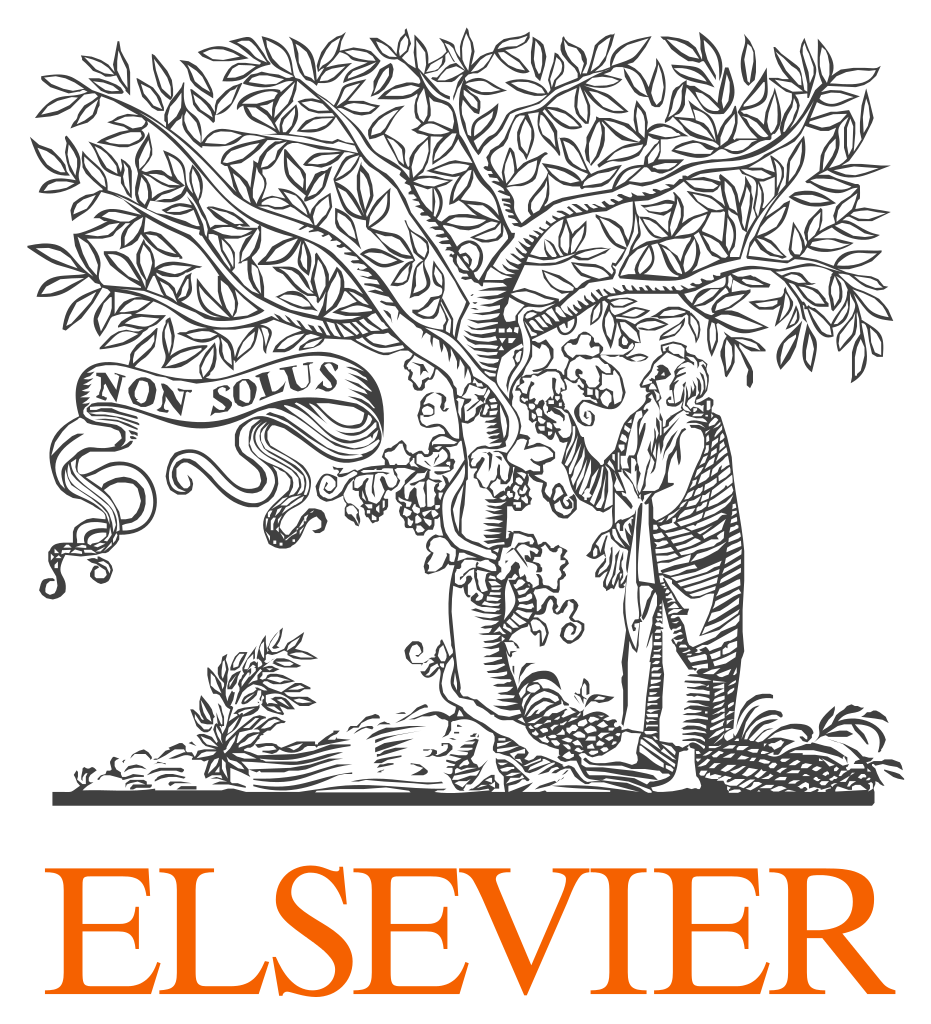
In Germany, negotiations between scientific publishing company Elsevier and a consortium of hundreds of universities, technical schools, research institutes, and public libraries stalled in December 2016. As a result, more than 60 institutions have lost their online access to Elsevier's journals effective 1 January, although some can still access archived articles published before that date. The price of the journals is only part of the problem.
The world's largest scholarly journal, PLOS ONE, is seeing fewer and fewer researchers publish their work in it as the open-access publishing market evolves.
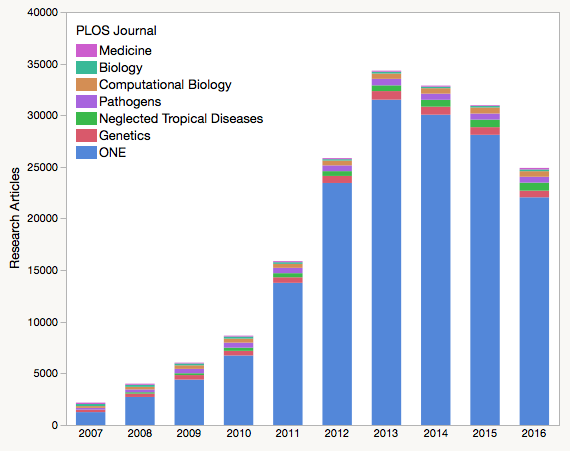
232 new predatory open-access publishers over 2016.
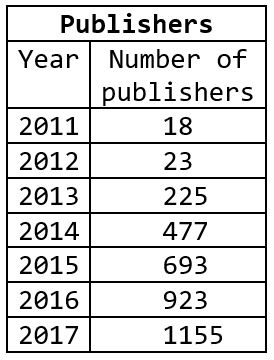
Universal Green OA Is the Most Efficient and Fairest of Science Publishing Strategies.

Libraries pursue alternative delivery routes after licence negotiations break down.
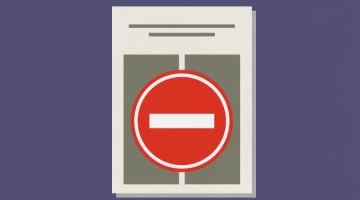
Information on universities’ expenditure on publications
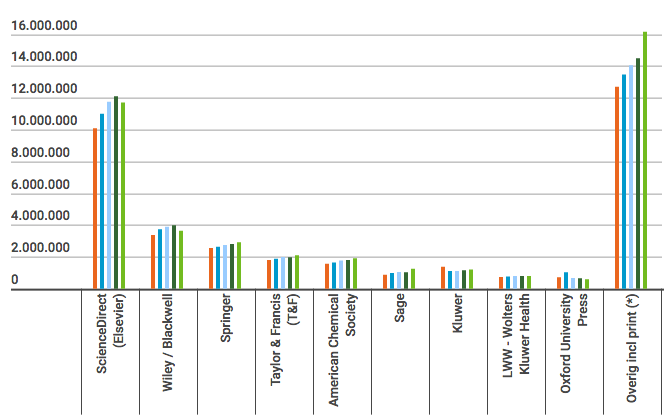
Open access publishing that permits commercial reuse enables the kinds of public-private partnerships that are essential to scientific innovation.

Results of a survey of Wellcome researchers to find out what they think about open research, how they practice it, and some of the barriers they face.

Over 60 major German research institutions are canceling their subscriptions to all of Elsevier's academic and scientific journals, effective January 1, 2017.
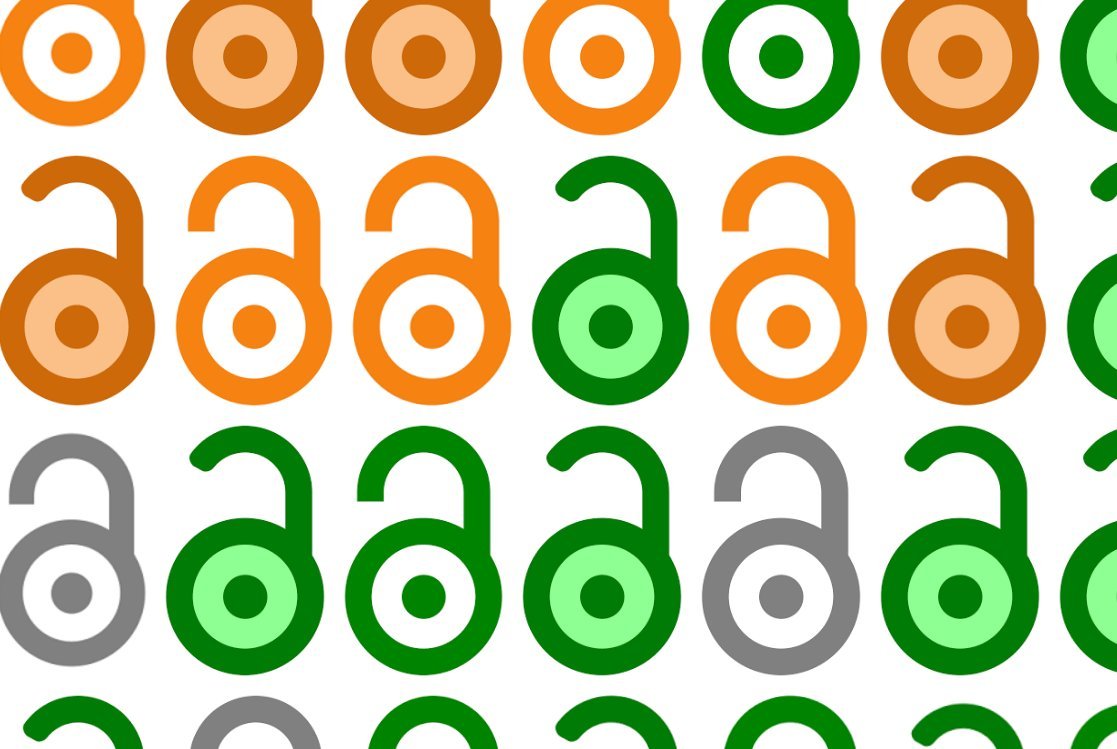
More than 60 major German research institutions are to be expected to have no access to the full texts of journals by the publisher Elsevier from 1 January 2017 on, among them Göttingen University with 440 Elsevier journals.
A partnership of funding organizations committed to the open sharing of research outputs.
A look at the literature reveals shortcomings in the way OA and subscription models are being compared and suggests how future studies could build on existing research to provide a more accurate picture
